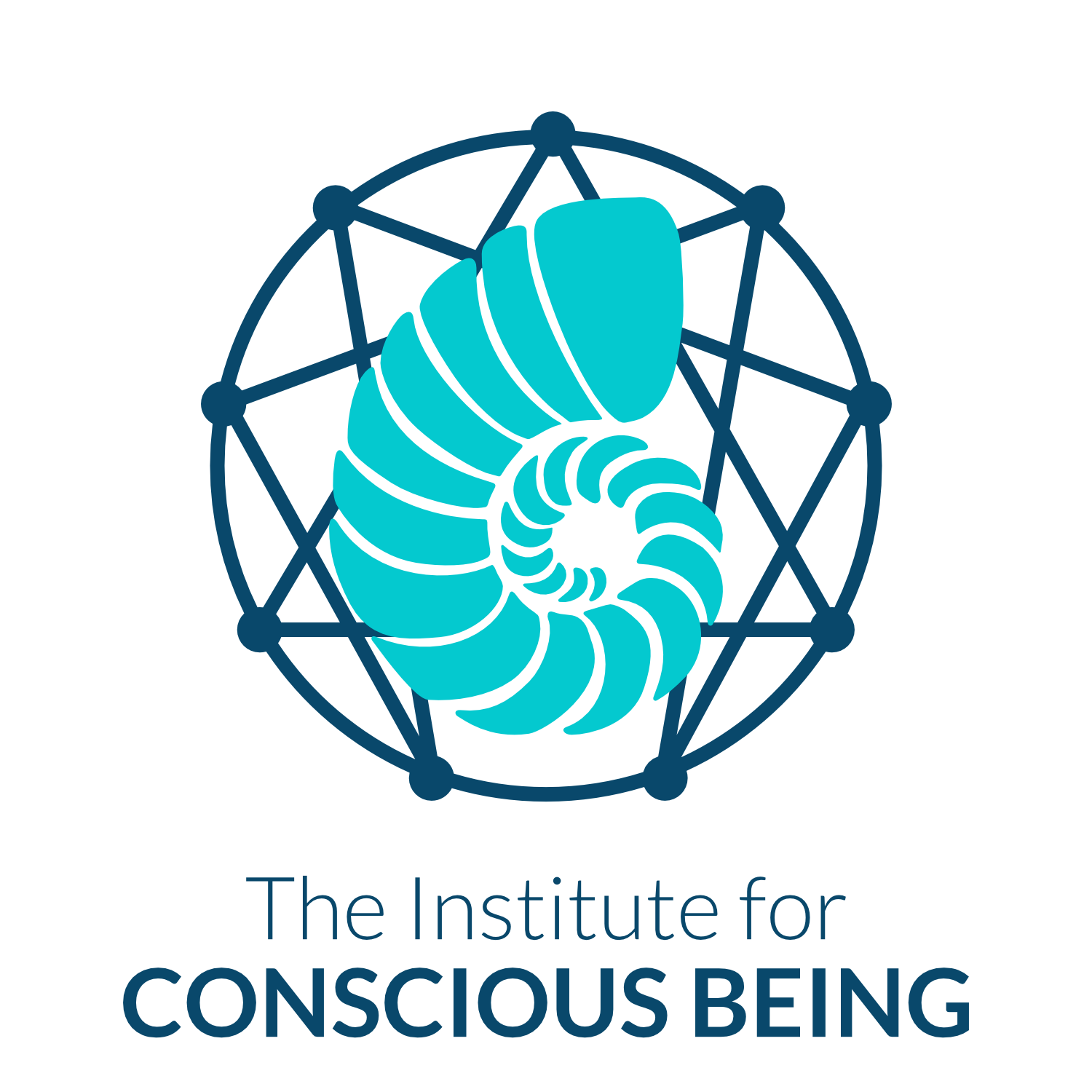Application Part 6
January 5, 2025
Application Part 6
When I was in my early twenties, a friend of mine entered classical psychoanalysis because of her anxiety. She was well-to-do, and could afford to meet with her analyst two times a week for four years. She wanted to rid herself of debilitating anxiety. So, she thought if she made sense of all her life’s experiences and complexes, she’d live a much more happy life. I recall her saying that she was always so on edge, that even when something went wrong on the “I Love Lucy" show, she bit her fingernails.
My friend emerged from psychoanalysis with more maturity and less anxiety. She went on to have a wonderful family and successful career. I wonder if she would have matured significantly over those four years anyway, and that her anxiety would have naturally abated. Nevertheless, analysis was her way of dealing with her issues, and I respected her choice. She obviously integrated in healthy ways, the things she learned about herself in analysis. Such an outcome means that her psychoanalysis was on the level of the soul. This is soul work, regardless of what we call it.
Psychoanalysis has its good points, as does psychotherapy and counseling, but they only provide mental structures unless the knowledge learned is transformed into the wisdom of the soul. And soul wisdom is not limited to those who go into analysis or therapy.
Soul wisdom has been around much longer than the practice of what today we call psychology. For example, even in so-called primitive cultures, and emerging developing cultures, soul wisdom abounds. For example, the shamans of indigenous peoples have always applied the deep wisdom held in their traditions and handed down through generations. And in early Greek culture, interpreting dreams, spiritual teaching, consulting the oracle, and inspecting the meaning of one's existence was a way of life.
It is wonderful to realize the reasons why we are the way we are and our spiritual purpose. Our formative years provide a treasure trove of understanding about our purpose and how we came to be. However, mental realization does not ensure transformation. To be transformed, our realizations must become part and parcel of our soul's wisdom. Consciousness unlived is only an idea; but consciousness lived, is wisdom.
How do we apply the knowledge of ourselves, the world, and how we came to be? These questions are vital and require inquiry.
Following are several inquiries about how to trust the knowledge we receive, so that in applying it, we become truly wise:
1. Who are my teachers, and do they honestly try to live their lives as expressions of consciousness? Are my teachers always in the form of people, or are they animals, circumstances, and nature?
2. Does what I learn resonate with my inner sense of truth?
3. Are my teachers teaching me to develop and trust my inner knowing, or do they foster dependence?
4. Do I follow my soul's wisdom or go by the book?
5. Is my wisdom organic or set in concrete?
6. Is my wisdom interwoven in my relationships, or do I keep my wisdom to myself?
7. Do I have access to my soul in this moment, or must I access it at specific times?
8. Do I go into unknown territory to learn more, or can I learn what I need to learn by staying in my comfort zone? Can I use my wisdom to address my blind spots?
9. Does my soul's wisdom deepen my ability to love myself and others or not
Trusting the source of our knowledge is fundamental to applying it to our daily lives. Application is essential to making knowledge become wisdom.
————————————————————————————————————————————————————
Spiritual practice: If you dropped into your soul right now, what wisdom would it reveal in this moment? Honestly, when and how will you apply that wisdom?
Dear God,
As I go down into the depths of my own being, grant me the wisdom to love myself and others to overflowing. Amen


